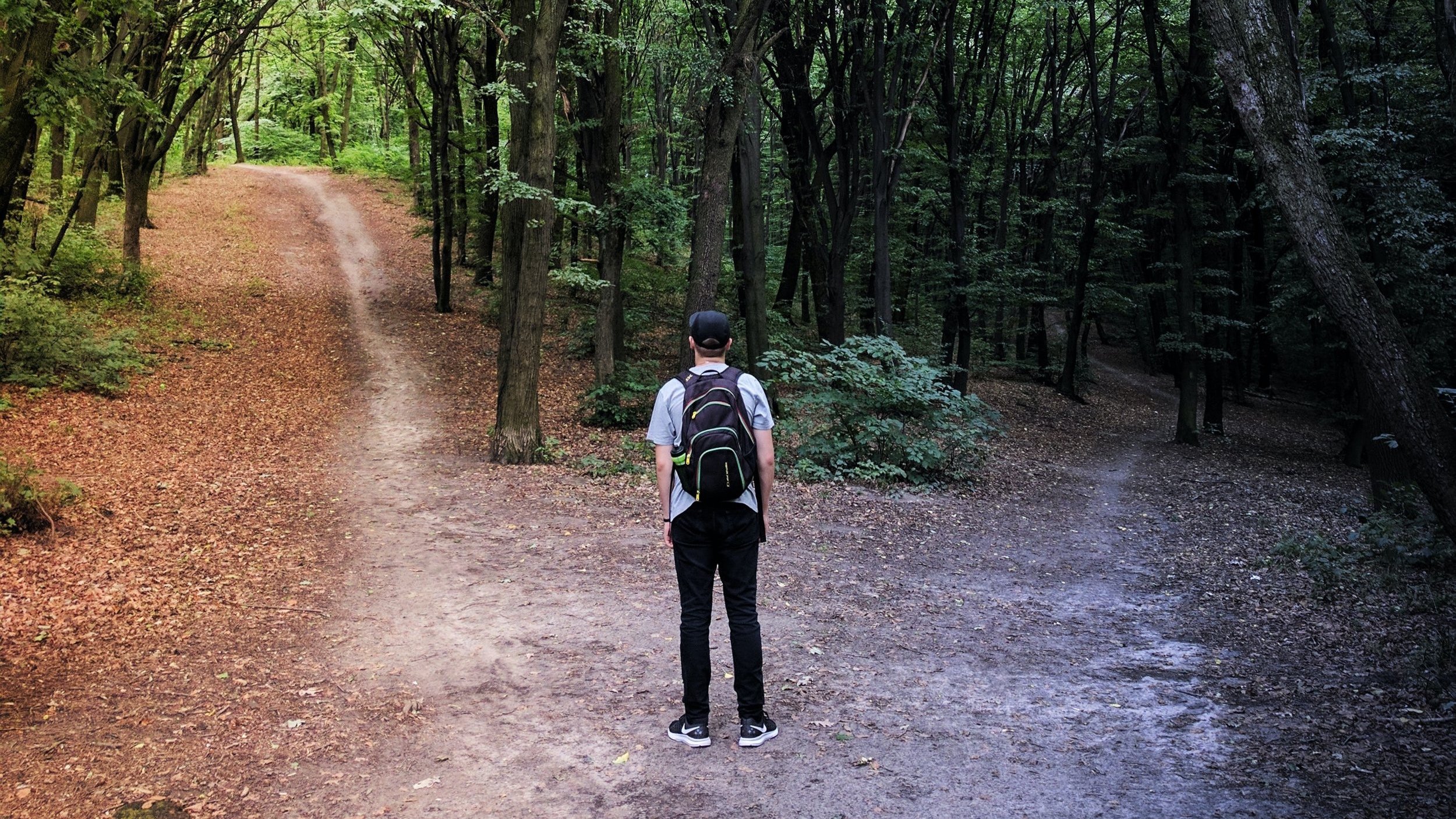The Freedom of Making Choices
As an early childhood educator, I have learned that setting up environments so that the children and their caregiving team feel safe and valued. This sets the tone for open and peaceful interactions throughout the day. Each day is filled with questions, guidance, learning and making or offering of choices, from when children are first able to respond and communicate as infants! First and foremost, the children must have their basic needs met in order to feel safe and then interact and engage openly with those around them.
How does freedom relate to making choices, you may be asking? Some things that stand out to me from different definitions of freedom include that it is a power or right, an ability to act in an open way, unrestricted and without blockage. Now let’s imagine two scenarios.
In one scenario, I ask you, “Can you please choose a book for me to read?” and you agree. As you are choosing a book from the bookshelf, I say, “Remember to choose a big book so that everyone can see it! Oh, and we only have a few minutes, so make sure it’s not too long! Oh hold on, let’s choose from this shelf since the other ones are not available right now.” You choose a book and we read the book together.
In another scenario, I ask you, “Can you please choose a book for me to read?” I point to a shelf of books and wait until you have chosen a book. If you have questions or wonders, you share with me. You choose a book and we read the book together.
How do those two scenarios feel for you? Is there a difference in feeling free to make your own choice? What are your ideas of freedom? How do you feel free? Can you feel free while considering others who are in your life?
In reflecting upon the idea of freedom and feeling free, I feel it might be interesting to link Freedom and Making Choices in the form of questions that I have around this interesting topic. I hope you feel free to reflect and share your ideas in your safe space as you read through this list.
When does an educator, such as myself, step in to guide decision making, and when do I let the children work it out themselves?
How much can allowing time for children to work through a conflict where they need to make their own choices add to the children’s life skills?
When are children developed enough to have the freedom to make their own choices?
At what age or ages do you feel children are able to make their own choices? Why? In what ways?
How do we make choices or support children in ways to help them feel a sense of freedom?
How do we guide our children to value and appreciate freedom?
How can we acknowledge that being free to make any choice we want or can, does not necessarily equate to making the “right” choice?
How do we create / join / set up environments and interactions with others so that we can be free to express ourselves while at the same time feel safe for others to freely express themselves?
Is having freedom a privilege? Is there such a thing as partial freedom? Is that directly related to economic status / societal restrictions / access to resources?
At what level does freedom become an integral, consistent part of life? How can we focus on ourselves if we do not have a strong sense of who we are?
If we do not feel safe or seen or valued, are we able to feel free? When have you felt / do you feel truly free?
Is one person’s idea of freedom more important than another's? How do we create boundaries as individuals among the social circles we are born into and are a part of?
How can we “fight” for our own freedom when so many others do not have it on many levels, such as the ones listed below. Are there levels of freedom? How do freedoms look or feel the same in different cultures? How do they look or feel different in different cultures?
Freedom to live
Freedom to choose
Freedom to learn
Freedom to move
Freedom to share/engage/express
Freedom to give
Freedom to receive
According to one representation of Maslow’s Hierarchy of Needs in this article, the word “freedom” is included in the Esteem section of the hierarchy. In this representation of meeting needs, it is easier to reach the level of freedom when basic needs, safety, feeling love for and love from are consistent and stable. The more a child’s basic levels are met, the stronger that foundation is built. This allows for children to be able to ask questions and make choices with confidence and independence. As we grow older, we recognize and experience how our choices can and do affect others, and it may feel like our freedom to make choices freely greatly decreases.
How do we teach ourselves, and in turn our next generation of young children, the idea of freedom so that we all feel safe and empowered?
My hope is that young children are able to be a part of a community where the freedom to express themselves as unique individuals also embraces the freedom to consider and collaborate with others in the community in making choices that promote wellness and encouragement.


